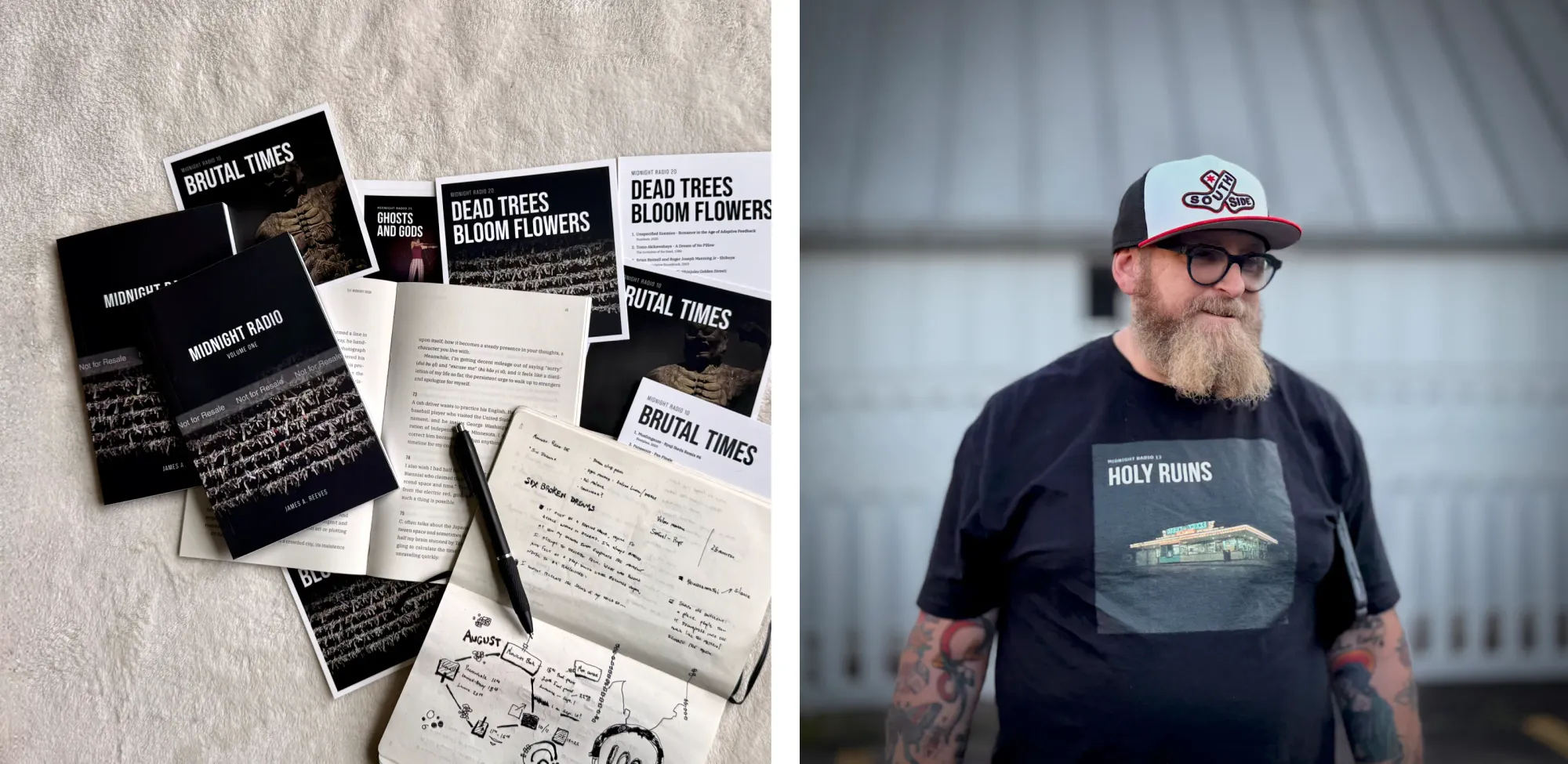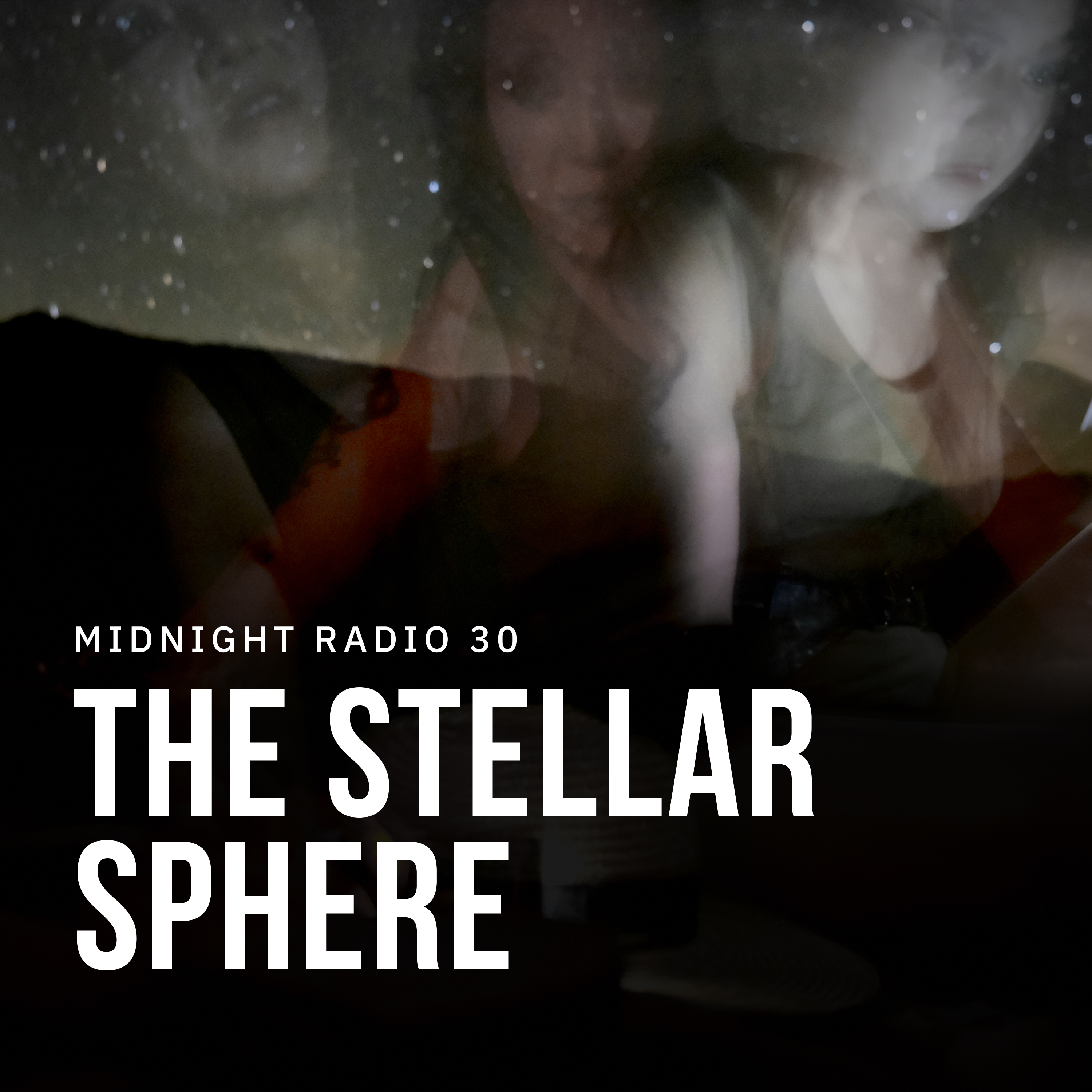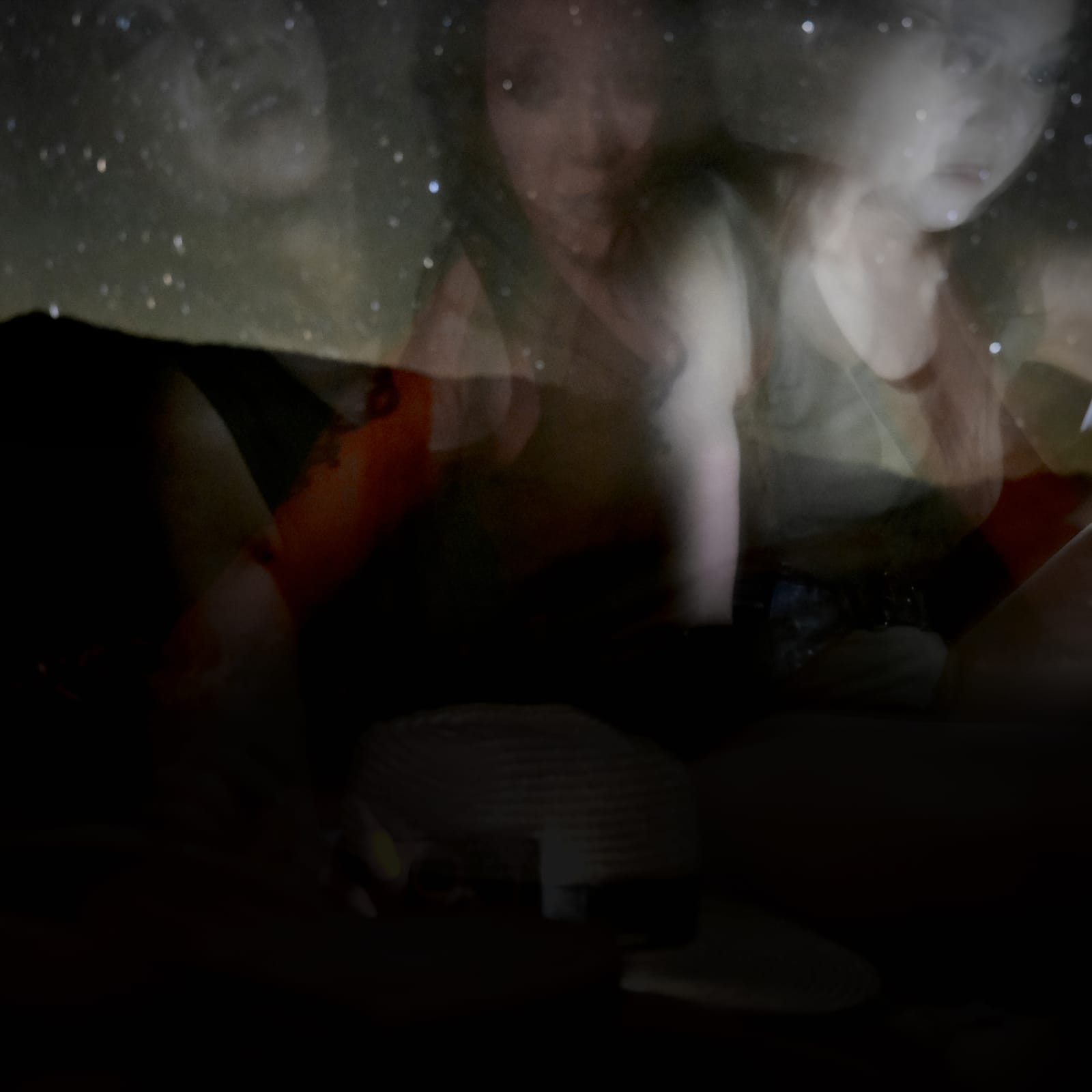Feels like the 21st century is just getting started but we’re already a quarter of the way through. I don’t think I’m going to survive it. I often think about a blurry voice I heard on the radio while driving through Texas: “We can’t wipe the blood from our eyes fast enough to see what’s coming next.”
One night C. and I sat among the dunes in Death Valley, stunned by the stillness save for the murmur of distant lovers and families. Two dunes over, a family bickered in Mandarin before the husband slowly slid away from his wife, inching down the slope. After sunset, we turned our attention to the stars. I felt so peaceful, stretched on the sand next to C. while gazing at the night. “Look, a shooting star!” she cried. “Or maybe a plane is going down.”
The first philosophers were astronomers, leathery desert creatures who squinted into the night and believed the stars were wise. Here's a sublime image of the afterlife from Posidonius, written two thousand years ago: “The virtuous rise to the stellar sphere and spend their time watching the stars go round.” Three hundred years later, Plotinus agreed. Our souls must join the stars, he thought, because “the heavenly bodies naturally inspire and make man less lonely in this physical universe.” Living in the final days of the Roman Empire, he turned away from “the spectacle of ruin and misery in the actual world to contemplate an eternal world of goodness and beauty.”
Or take the word disaster, the inversion of astro, a term that means a negative star, a kink in the heavens that leads to catastrophe.
Human fuckery has been going on for a while now, even if today it feels more dimwitted and earthbound. But the only difference is its delivery: the headlines and opinions that bleed through our screens and seem to seep through the floorboards, hijacking and poisoning the decent urge to bear witness.
Anyway, tonight I’m thinking about time, how difficult eras produce otherworldly philosophy, and whether there’s anything new or if this is just how it feels to get old. I suppose having artificial intelligence foisted upon us is new—every tool and device is now infected with a synthetic consciousness designed to take me straight to the mundane.
Only 48 days until my favorite day of the year, when night comes an hour earlier and I’m reminded that if we can make night fall sooner, we can do anything we want.
So let’s focus on the new. I’ve stitched together five favorite songs released this year. The first comes from Biosphere’s The Way Of Time, which samples a 1951 radio adaptation of Elizabeth Madox Roberts’ 1926 novel The Time Of Man, set in central Kentucky, and the collision of a vintage Southern accent with sleek synthesizers is more enjoyable than I expected. Then we have some solid class from Romance’s latest outing, this time an exercise in melodramatic noir, followed by my old friend S, whose latest Minor Hexachords album has softly crept up the charts and become some of my most heavily rotated music this year. It’s such a delight to be here to see and hear and love the righteous things the people in my life are making.
Meanwhile, I’m continuing to deal with Jiddu Krishnamurti, who says heavy things like “the moment I am aware that I am aware, I’m not aware.” But synchronicities abound when I’m paying attention: last night I noticed my favorite song this month is called “Jiddu,” and it will take us home tonight. Listen below, or set your controls to the heart of this interstellar mp3.
- Biosphere - The Way of Time
The Way of Time | 2025 | Bandcamp - Romance - Leave Her to Heaven
Love Is Colder Than Death | 2025 | Bandcamp - Minor Hexachords - Minor Concession
Brinkmanship | 2025 | Bandcamp - Sa Pa - Nonspiration
Ambeesh | 2025 | Bandcamp - Rue des Garderies - Jiddu
2025 | Bandcamp
Also includes bits of Rebekah Del Rio and David Bowie, along with the optimal dosage of static and reverb.
A few months ago, I made some noise about a Midnight Radio book hitting the streets in August—but it seems this book has other plans and wants to be longer and stranger than these dispatches. I’m beginning to appreciate the value of letting a project tell me what it wants to be rather than the other way around, so I’m going to hang out with it until the end of the year.

Until then, I offer you this portrait of M. rocking a Midnight Radio t-shirt, proving yet again that Midnight Radio is where relaxed comfort meets refined style. (And if you've ever wondered if failure can be a form of liberation, M. has you covered.)
Thank you for listening, and the request lines are open. Could be red. Perhaps plastic. Maybe monster. Sky’s the limit.
Midnight Radio 30 | Download


